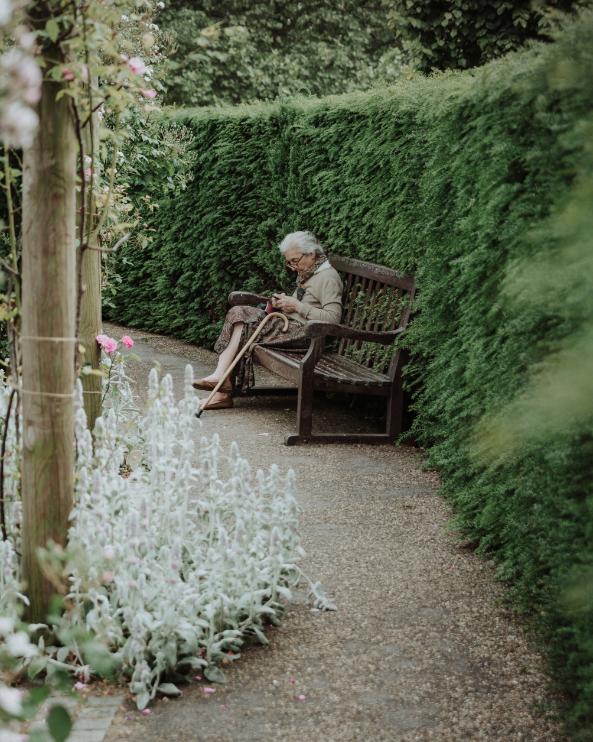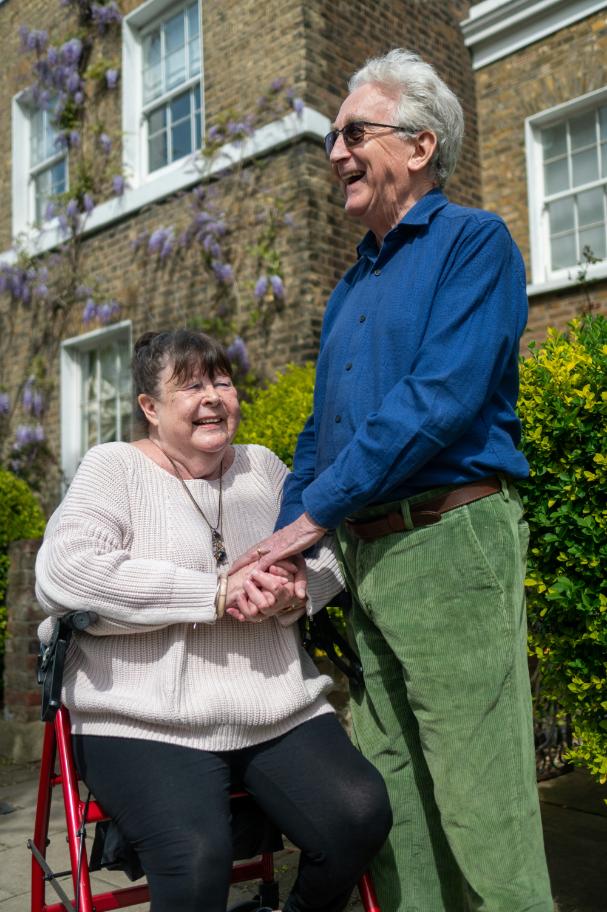
The Importance Of Bespoke Dementia Units In Care Homes
Bespoke dementia units have become essential in delivering high-quality care within many Scottish care homes. These specialised units address the unique and complex needs of those living with dementia, including individuals with young onset dementia, Alzheimer’s disease, and vascular dementia. More than just providing a safe environment, these units offer specialist support tailored to each resident’s needs. They focus on person-centered care and incorporate structures that help residents maintain as much independence as possible for as long as they can. For families, carers, and local authorities, understanding what bespoke dementia care entails is crucial to ensuring the best outcomes for people living with dementia.



Why Bespoke Dementia Units Are Imperative
Dementia is a progressive condition that affects more than just memory; it also impacts communication, behaviour, and mental capacity. This progression presents daily challenges, both emotionally and physically, that can be difficult to manage. While standard residential care offers general support, it often falls short of providing the depth of specialist assistance required to enhance quality of life for people with dementia, particularly those with complex health needs or challenging symptoms. Bespoke dementia units are thoughtfully designed to provide a dementia-friendly environment that helps reduce anxiety, confusion, and distress. Features like clear signage, colour-coded hallways, contrasting furniture, and calming sensory areas work together to create a supportive setting that fosters confidence and greater independence for residents.


Creating Dementia-Friendly Environment
Dementia-friendly design goes far beyond safety. It aims to improve the overall quality of life by considering the specific cognitive, emotional, and practical challenges faced by people with dementia daily. This includes using distinct colours for bedroom doors and consistent signage to aid wayfinding while reducing disorientation. Personalising doors with photos or familiar objects helps residents recognise their rooms, promoting autonomy and lessening distress. Calm spaces with soft lighting and minimal background noise offer relief for those sensitive to sensory overload or agitation. Open layouts with secure gardens and clear walkways encourage mobility, social interaction, and outdoor engagement, which are all vital for maintaining health and wellbeing.


Specialist Support & Personalised Care
People living with dementia require much more than basic residential care; they need specialist, evidence-based support delivered by highly trained staff. Care teams in bespoke units understand the nuances of dementia, mental health, communication, and tailored personal care. This expertise allows staff to offer round-the-clock medical and personal care, proactively managing symptoms and behavioural changes. They provide support with daily tasks to help residents retain skills, dignity, and independence for as long as possible. Multi-disciplinary teams often include nurses, carers, mental health specialists, and occupational therapists who collaborate to assess and respond to the evolving needs of each resident, ensuring comprehensive and personalised care.
Involving Family Members & Friends
Entrusting a loved one to a dementia care home can be an overwhelming experience for families. Bespoke units foster open communication by maintaining transparent visiting policies and involving relatives in the decision-making process. Families are encouraged to be active participants, attending initial assessments and ongoing care plan reviews. This involvement nurtures trust and ensures the resident’s preferences, history, and interests remain central to their care. Bespoke dementia care homes also provide emotional support and advice for family carers, recognising the challenges they face such as guilt, grief, and isolation. Many homes host family forums, run events, and offer guidance on practical matters like lasting power of attorney and accessing local authority services.
Encouring Independence & Individuality
A fundamental goal of bespoke dementia care is to support residents in living as independently as possible. Care plans focus on preserving hobbies and daily routines that bring meaning to life. Activities like reminiscence therapy, music, art, gardening, and gentle physical exercise are tailored to each resident’s preferences. Residents are encouraged to take part in daily tasks they can manage, which promotes self-worth and a sense of accomplishment. Social spaces and organised events support the development of friendships, combating loneliness and enhancing emotional wellbeing. Specialist staff work to maintain both the mental and emotional capacity of residents, supporting them to live fulfilling lives despite the challenges of dementia.
Supporting Mental Health
Dementia often brings mental health challenges such as anxiety, depression, confusion, and occasionally aggression. Bespoke dementia care units address these issues with empathy and expert strategies. Support plans include access to specialist trained mental health professionals are available when needed. Communication techniques help residents express their feelings and manage distress effectively. These approaches not only benefit the individual living with dementia but also protect the wellbeing of other residents by minimising the impact of difficult behaviours.
Ensuring Quality Through Inspections & Continuous Improvements
In Scotland, care homes undergo routine inspections by regulatory bodies such as The Care Inspectorate, and their reports are publicly available. These reports offer valuable insight into the quality of care, staff competence, the environment, and how well homes support residents with complex needs. Reviewing recent inspection findings is an important step for families when considering care options. Bespoke dementia care homes also commit to ongoing support, regularly reviewing and adapting care plans to respond to the progression of the condition. Communication with families and coordination with social services help provide reassurance and continuity throughout the care journey.
Take The Next Step Towards Superior Dementia Care Today
If you are seeking a care home that truly understands the complexities of dementia and is dedicated to providing compassionate, bespoke support, Ashlea Court in Ashgill is the ideal choice. Our specialist dementia unit offers a calm, secure, and nurturing environment tailored to support memory, wellbeing, and independence. By arranging a visit to Ashlea Court, you will see firsthand how our expert team delivers personalised care that respects individuality while promoting comfort and dignity. Let us partner with you and your loved one on this journey, providing peace of mind through holistic support and genuine compassion. Contact Ashlea Court today to discover how our dedicated dementia care can make a meaningful difference in your family's life.
